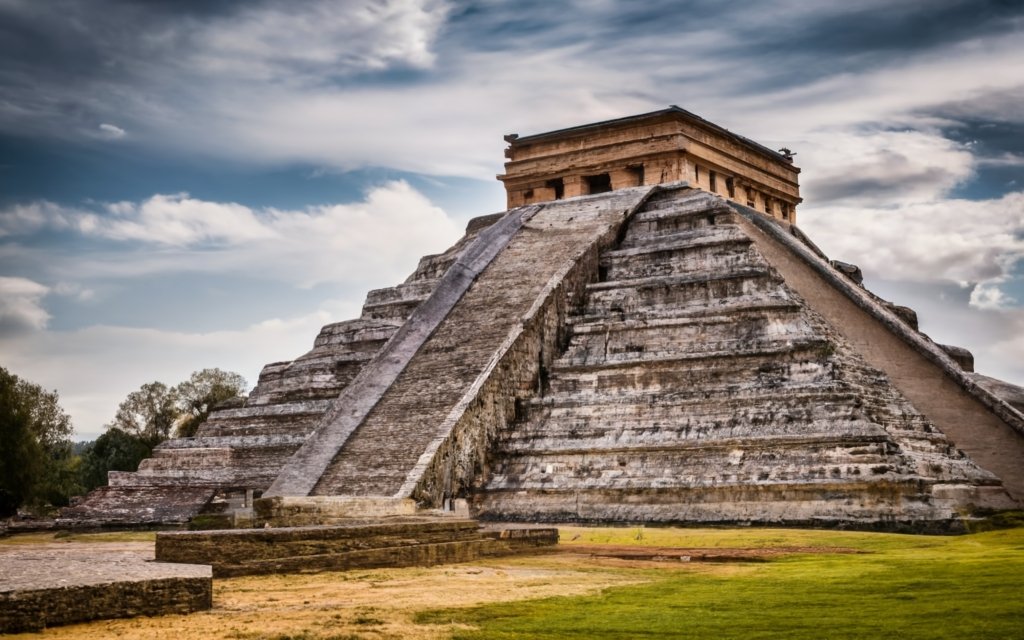Introduction: From Mythology To Philosophy
The idea that the Hellas race was distinguished from other races because of its ability to think rationally seems to have been generally accepted throughout the 19th and early 20th centuries. This is a fixed view deeply embedded with racial prejudice.
For example, the Hellas mathematical historian, asked, “What special talent did the Hellas have in mathematics?”, “Their genius in mathematics was just one side of their genius for philosophy… The Hellas beyond other peoples in ancient times had their own love of knowledge … The more fundamental fact is that the Hellas were a race of thinkers.”
German philosopher Kant, represented by rationalists, also shows Westerners’ deep-rooted racial prejudice in several lectures. I am not saying this because the anachronistic racist color remains We are no longer interested in such a lame ideological academic attitude We just want to examine the justification of the academic significance of the word.

Is Thales the origin of philosophy?
In any case, although the authority of the great philosopher Aristotle is weighed down by the shadow of philosophical history, the fact that the technology of Western philosophical history has not taken a step in his shadow is not well understood in terms of the development of the human mind. Even if you agree with humans “that wisdom is any principle or knowledge of the cause,” it is difficult to accept that wisdom was established by a specific person at some point.
Although Aristotle agrees that the start of his quest for principles and why can be found in some mythological traditions, he still ascribes the start to Thales, a native of Miletos in Unia. Of course, Aristotle provides a proper basis on which the source of philosophy must be returned to Thales. The grounds presented by Aristotle provide a starting point for philosophy, and no one doubts that. Therefore, the answers of scientific philosophy historians, which are generally accepted as orthodoxy, are consistent with the following expressions.
It was told by a philosophy historian that philosophy began in Ionia. It generally accepts it. These regulations come from the assessment that the reasons of early thinkers deserve to be called philosophical, not mythical or religious ways, meaning that they first started thinking that lived up to philosophical standards.
The criterion lies in the rationality of the mindset. The premise of savoring and criticizing philosophical thinking and ideas is always based on rationality. The history of studies, including philosophy, is ultimately the history of rationality. It can be said that philosophy is differentiated by the definition of the meaning of rationality and its object of inquiry.
Lloyd points out that despite his achievements in medicine, mathematics, and astronomy in the Middle East, the claim that Hellas’ Thales was the first philosopher and scientist makes sense. He points out two important characteristics that distinguish the thoughts of Mileto’s philosophers from those of previous thinkers, one was “the discovery of nature” and the other was “the practice of rational criticism and controversy.”

Homer and Hesiod
In recent years, it has been taken as a natural and natural thing to find the blind of Hellas philosophy in the expression of religious and mythical life before Thales. In the 20th century, many classical researchers attempted to discover the origin of philosophical thinking from literary and religious thinking before Thales.
Through these attempts, classical scholars could convincingly show that Homeros’ epic, especially among many poets and writers before Thales, played a decisive role in determining the essential nature of Hellas’ philosophy. So when telling the history of Hellas philosophy today, it is no longer new or unfamiliar to discuss Homeros as its origin.
Pointing out that it is not surprising that philosophy emerges from poetry, Gigon, who sees Hesiod as the start of philosophy, points out that the first people we can call philosophers are poets Gigon also pointed out that “Hesiod pursued something very new compared to Homer, it is tracking God’s genealogy. Through this, Hesiod gives the origin of Hellas’ philosophy a rich and deep meaning that is incomparable to Thales’ technology.”
The reason for Gigon’s understanding of Hesiodos’ philosophy is (1) the distinction between the true and the virtual, (2) the question of exploring the origin of the world’s “origin,” by tracking the genealogy of the gods, and (3) is summarized as the idea of the “whole” that encompasses all objects, including humans that make up the world. Snell points out that in the same context, Hesiodos was the first philosopher who attempted to capture the origin of the world in Arche.
Although there are many controversies over the interpretation of the character Homer and the composition of the work itself, it is estimated that Homer’s poem was written around the 8th century BC.
This point is generally accepted as orthodoxy. Then, considering the textual records of Homeros’ poetry, it took only about 2〜3 centuries to find the source of philosophy from Thales to Homer.
But it has a greater philosophical meaning than we imagine because Homeros’ literature contains the myth of Hellas and the worldview they had before the text.
Therefore, finding the point of view of philosophy in Homer has a very important ideological and historical meaning. I will discuss this from many perspectives in the future, but the issue to be discussed in this matter is actually unfathomably complicated.

Conclusion: The Transition From Mythology To Philosophy
Anyway, there are not many professional studies that are tactfully described to make it easy to understand how “execution from myth to philosophy” took place before Thales.
Of course, it is not very difficult to find great philosophical history books that describe the development of thoughts and minds before and after the occurrence of philosophy. However, there is no consensus on the origin of philosophy itself.
There seem to be a lot of problems posted here. from Mutesian thinking to Logosic thinking” has a problem in itself. It is the question of what exactly “Mutesian thinking” means and whether “a mythic thinking” exists, or the fundamental question of whether “a mindset embedded in a myth” makes sense to us. Given the fact that there are conflicting views on these problems, it also means that the problem of “origin of philosophical thinking” itself can be considered to have a certain ambiguity and that the problem itself cannot be solved from one point of view.
The question of what the nature of mythical thinking is must presuppose several individual academic discussions related to mythology itself. The fields of study related to this may include various fields, including religious studies, new chemistry, history, and cultural anthropology.
In addition, due to the regulation of the nature of the myth itself, it has a nature that should be discussed on a very broad basis by exposing problems not only in the human sciences but also in the natural sciences as a whole.
Our interest in this text is not a myth per se. We would like to ask how the rational mind, which is defined as a Hellas mentality, has evolved.
In other words, our interest is the historical development process in which rational thinking, which is called the basic spirit of philosophy, has been formed. I think I will lead this article in a way that presents a critical position while comparing and reviewing the main views in the field and the achievements of some thinkers who have paid attention to this field.






